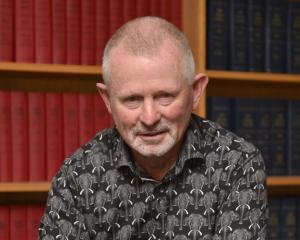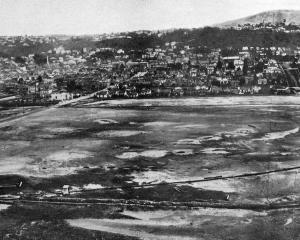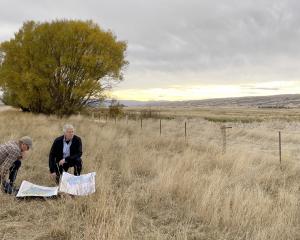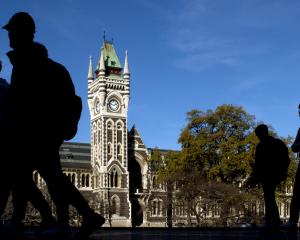
The Green MP for Auckland Central is the odds-on favourite to become the next co-leader of the Green Party, making her a vital player in the trio of left-wing parties (the other two being Labour and Te Pāti Māori) that together constitute the alternative government. Allowing the public to get to know Swarbrick a little better was a sensible editorial decision.
There will be many Green members and supporters, however, who, having watched Q+A’s Jack Tame interrogate Swarbrick, may be wondering whether accepting TVNZ’s invitation to be interviewed was as shrewd as issuing it.
Tame is an exceptionally talented broadcaster whose boyish good looks mask a daunting interrogative talent. If there are weaknesses in any given political persona, Tame may be relied upon to find them. Last Sunday, he found Swarbrick’s — and goaded her into revealing them, live, on free-to-air public television.
The weakness Tame homed in on was Swarbrick’s political inflexibility — a flaw which has only grown as her time in Parliament has lengthened.

Swarbrick’s campaign may have been run on a shoestring, and mostly on social media, but it made sufficient political impact to leave her the third-highest-polling candidate for mayor. Clearly, this diminutive, articulate and courageous young woman was destined for great things.
That Labour and the Greens set out immediately to recruit her, surprised nobody.
With the benefit of hindsight, it is possible to observe that Swarbrick’s choice of the Greens may not have been the best one. While, on paper, the Greens’ determination to arm their politics with the weaponry of reason and science made it a perfect fit for the serious, almost scholarly, Swarbrick, there were risks. The currents of unreason that were flowing with ever-increasing force beneath the surface of Green Party politics were bound to end up battering her core intellectual and political principles.
Swarbrick’s candidacy for the Greens’ co-leadership was prompted by the departure of James Shaw. Despite an impressive record of political wins — most obviously the Zero Carbon Act — Shaw has found it increasingly difficult to make his colleagues understand that their electoral success depends on voters seeing them as the only party dedicated to combating global warming effectively. Shaw’s implied warning: that a Green Party which cares less about climate change than it does about fighting the culture wars will end up bleeding away its support (a proposition confirmed by the latest Curia poll) went unheeded.
The politician who emerged from Tame’s interview with Swarbrick cannot replace the qualities the Greens are losing with Shaw. Her six years in Parliament appear to have diminished her faith in democracy as the most effective political system. Swarbrick has observed politicians of all colours tapping into the raw emotional power of ignorance and prejudice, and it appears to have hardened her and made her brittle. There no longer seems to be as much ‘‘give’’ in the Swarbrick of 2024, as there was in the Swarbrick who entered Parliament in 2017. Iron has entered her soul.
Swarbrick’s declining faith in representative democracy is reflected in her conviction that ‘‘the people’’ possess a power that overmatches the tawdry compromises of professional politicians. In her pitch to Green members Swarbrick hints that this power may be sufficient to bring the whole rotten, planet-destroying system crashing down. That, with the masses at their back, the Greens can build a new and better Aotearoa.
How many times has revolutionary zealotry offered this millenarian mirage to an angry and despairing world? How many times has it all gone horribly wrong? And how sad is it that a politician as talented as Chloe Swarbrick now finds herself wandering this arid trail?
Many have praised/condemned Jack Tame for identifying Swarbrick’s unflinching defence of the Palestinian cause as the most effective means of exposing her zealotry. But, to those who once saluted Swarbrick’s political promise, Tame’s uncompromising interview proved profoundly depressing.
■ Chris Trotter is an Auckland commentator and writer.












